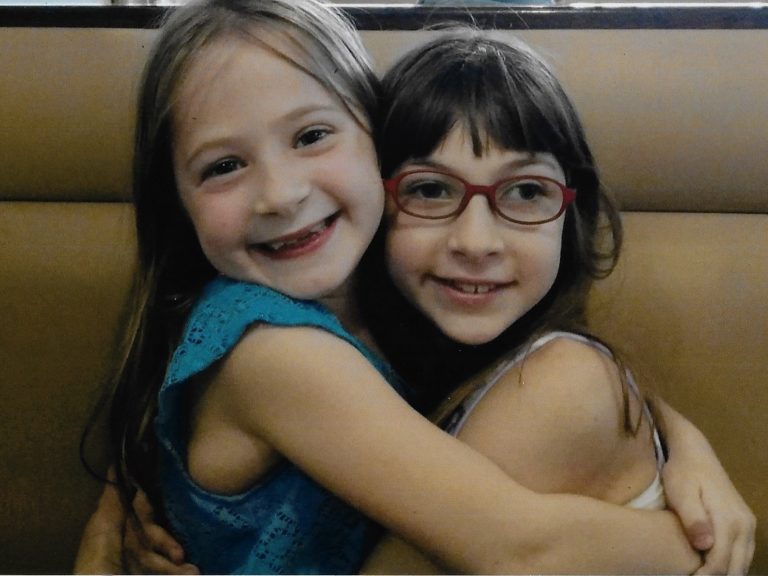In the last few years, I’ve read or heard hundreds of references to “helicopter parents.” Mostly, the references have underscored words of wisdom from parents about letting go of control and allowing children to experience age-appropriate responsibility.
No doubt, children need to make developmental gains toward independence. Yet, I can’t help but notice the frequency and intensity with which our culture criticizes the parenting approaches of others, even in simple word choices. The cultural critiques become more vociferous when applied to parents of children with disabilities. As the CEO of a behavioral health organization for people with disabilities, I’m often confronted with questions about parenting children. Referring professionals, colleagues and passersby lament the “helicopter parents” who overburden educational systems and “create” anxious or mentally unstable children. But it’s not easy to separate from the criticism, because the mother they are talking about is me.
My first child was born without a heartbeat or respiration. With medical intervention, she was brought back to life and faced a long road ahead. Later, I learned that my daughter had asphyxiated during birth and suffered two strokes that left her with multiple disabilities. Her potential, I was told, was extremely limited.
It was then that I was introduced to a world of professional interventions. The process of seeking medical attention, educational instruction, specialized therapies and child development guidance left its toll on my personal and professional lives.
I spent hours debating the merits of interventions with doctors, teachers, and therapists. I paid for the opinions of professionals who had little working knowledge of my child’s remarkable strengths. It was (and is) exhausting.
Thirty years ago, Edward Berkowitz opened his book on American disability policy with a simple statement, “America has no disability policy.” Since then, much has changed for people with disabilities, but Berkowitz’s statement is no less relevant today.
Billions of dollars are filtered into government programs that serve as a safety net for people with disabilities. Yet, these disparate programs often have myopic foci on children’s educational attainment or medical needs without widespread coordination of aspects that comprise the human condition.
Despite the inherent complexity of the systems, parents are charged with navigating bureaucratic labyrinths daily. It is an untenable position.
While Solomon threatened to cut the baby in two, American disability bureaucracies routinely slice parents into fragments sending them to IEP meetings, therapy appointments and medical check-ups; filing for Medicaid, Social Security, insurance waivers and respite; and constantly negotiating meetings in service of their children.
So when asked, “Why does a parent do that?” I reverse the question to illuminate what we can do to help meet children’s needs. Our cultural commitment to rearing the next generation must be more than parental responsibility masquerading as self-help advice.
If media outlets and policymakers devoted as much time developing communities of support for families as they do critiquing them, we just might be able to land our helicopters once and for all.
This column was published in the Aug. 30 issue of the Concord Journal.


